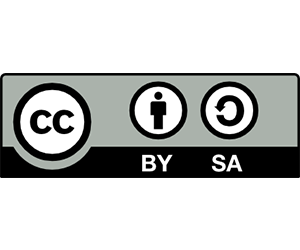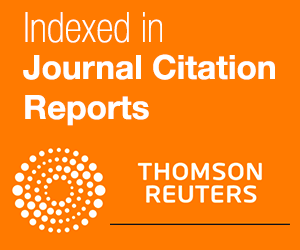Modulation of Morpho-physiological traits of Leymus chinensis (Trin.) through exogenous application of brassinolide under salt stress
L. Jin-huan1, S. A. Anjum1,*, L. Mei-ru1, N. Jian-hang1, W. Ran1, S. Ji-xuan1, L. Jun1, Z. Xue-feng1, U. Ashraf2 and W. San-gen1,*
1College of Agronomy and Biotechnology, Southwest University/ Key Laboratory of Eco-environments in Three Gorges Reservoir Region, Ministry of Education / Engineering Research Center of South Upland Agriculture, Ministry of Education, Chongqing 400716, China
2Department of Crop Science and Technology, College of Agriculture, South China Agricultural University, Guangzhou 510642, China
*Corresponding author: wangsg@swu.edu.cn; shakeelanjum1034@gmail.com
ABSTRACT
Plant environmental responses involve dynamic changes in growth and signaling, yet little is understood as to how progress through these events is regulated. A pot experiment was conducted to assess whether exogenously applied brassinolide (BR) at various concentrations (0, 0.01, 0.1 and 1.0 mg/L) could alleviate the adverse effects of salt stress (0 and 150 mmol/L NaCl) on Leymus chinensis. The results revealed that salt stress substantially disrupted the growth, development and chlorophyll contents of L. chinensis which were improved by foliar application of BR. Moreover, as compared with the control, salt stress exacerbated the malondialdehyde content, and cell membrane permeability while decreased the leaf area, plant height, fresh and dry weight and root shoot ratio which ultimately hampered the seedlings growth. Applying BR elevated the contents of free proline, protein, and soluble sugars and thus, promoted the seedlings growth, being able to effectively alleviate the damage of NaCl stress. Although the activities of antioxidant enzymes, such as superoxide dismutase, peroxidase, catalase, ascorbate peroxidase and glutathione reductase were increased due to salt stress in plant, however, exogenously applied BR further elevated the level of the antioxidant system. In conclusion, improvement of growth, development, osmolytes, chlorophyll contents and antioxidant enzymes in L. chinensis due to foliar applied BR was found to be associated with BR-induced positive role in stress amelioration.
Keywords: Leymus chinensis; Growth; Salt stress; Brassinolide (BR); Antioxidant enzymes.
|





